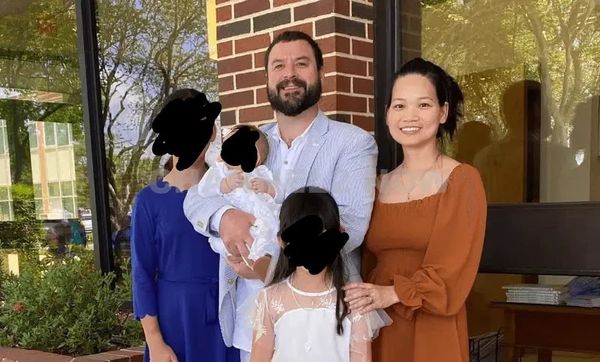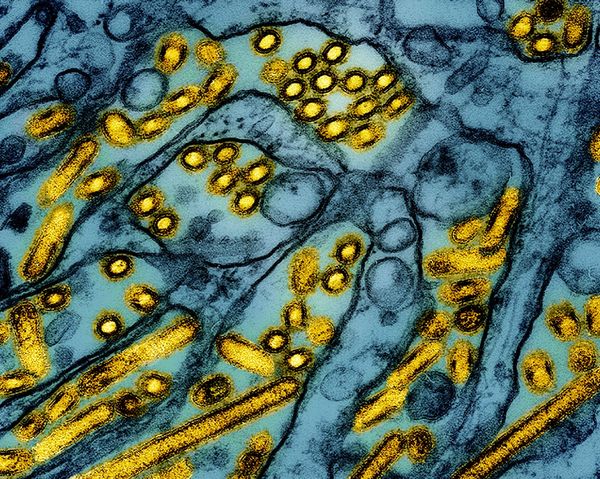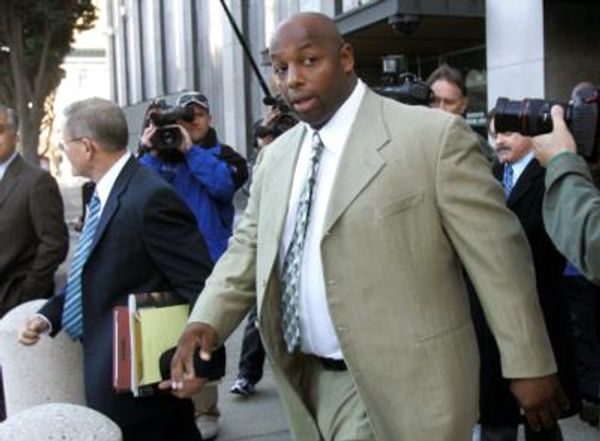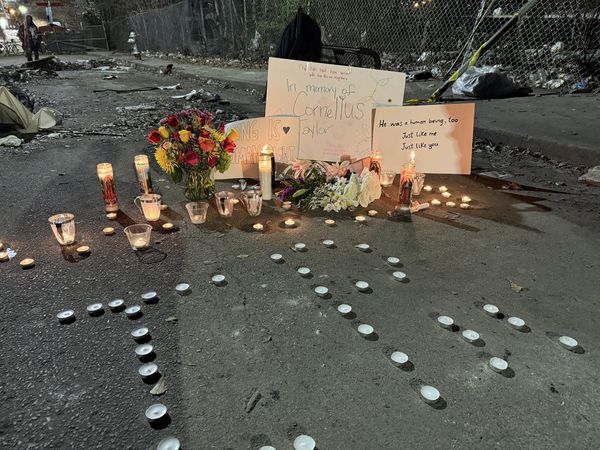
Johannesburg (AFP) - The US envoy to South Africa on Thursday accused the country of having covertly provided arms to Russia, a charge that drew an angry rebuke from Pretoria.
Ambassador Reuben Brigety told a media briefing the US believed weapons and ammunition had been laden onto a Russian freighter that docked at a Cape Town naval base in December.
"We are confident that weapons were loaded onto that vessel and I would bet my life on the accuracy of that assertion," Brigety said, according to a video of the remarks.
"The arming of Russia by South Africa...is fundamentally unacceptable."
President Cyril Ramaphosa's office hit back, saying it was "disappointing" that Brigety had "adopted a counter-productive public posture."
The remarks "undermine the spirit of cooperation and partnership" between the two nations, Ramaphosa's spokesman Vincent Magwenya said in a statement.
"While no evidence has been provided to date to support these allegations, the government has undertaken to institute an independent enquiry to be led by a retired judge."
In Washington, the State Department took a noticeably milder tone than the outspoken ambassador and welcomed the promise of a probe.
"We continue to be committed to our affirmative agenda with our South African partners," State Department spokesman Vedant Patel told reporters, pointing to cooperation on public health, climate and trade.
He declined to spell out any repercussions for South Africa, after repeated US threats to punish China if it sends arms to Russia.
Neutral approach
South Africa, which wields moral clout for its victory over apartheid, says it wants to stay neutral over Russia's invasion of Ukraine and has championed dialogue to end the war.
But critics cite a number of recent incidents as evidence of a tilt towards the Kremlin.
Earlier this year, it held a joint military exercise with Russia and China, and last month a sanctioned Russian military cargo plane landed at an air force base in the middle of the night to deliver what defence authorities described as "diplomatic mail."
Ambassador Brigety appeared to refer to a previously known episode, when the Lady R, a cargo vessel under western sanctions flying a Russian flag, docked at South Africa's largest naval base.
"Among the things we noted was the docking of the cargo ship in the Simon's Town naval base between 6th to 8th December, 2022, which we are confident uploaded weapons and ammunition onto that vessel in Simon's Town as it made its way back to Russia," the envoy said, according to news outlet News24.
The US would like South Africa to start "practising its non-alignment policy", he added.
The main opposition party, the Democratic Alliance (DA), accused the government of trampling on South Africa's values and interests "in favour of a global war-mongerer and despot" and warned of "major consequences".
"It means that our main investment and trading partners cannot trust us.This is...treasonous in terms of how they have compromised South Africa and our interests," DA lawmaker Kobus Marais, the shadow minister of defence, told AFP.
The rand, which had been softening against the dollar in recent days, dropped sharply, reaching its lowest point in three years, after news of the ambassador's remarks spread.
Tightrope
South Africa, which has strong economic and trade relations with the United States and Europe, has been walking a diplomatic tightrope over the Ukraine conflict.
Trade with Russia is much smaller, but Pretoria has ties with Moscow dating back decades, to when the Kremlin supported the ANC in its struggle against apartheid.
It is a member of BRICS -- a grouping bringing together Brazil, Russia, India, China and South Africa -- and has advocated for multilateralism as counterbalance to a US-led international order.
In March, it was faced with a diplomatic dilemma after the International Criminal Court (ICC) issued an arrest warrant against Russian President Vladimir Putin, who is due to attend a BRICS summit in South Africa in August.
The warrant meant that Pretoria would have to detain Putin on arrival.
In response, last month Ramaphosa said the ANC had resolved that South Africa should quit the ICC -- before backtracking hours later citing what his office called a communications "error."
Eurasia Group, a think-tank, said in a note that Brigety's comments were likely an attempt "to influence South Africa to change its neutral stance on the Russia/Ukraine conflict."







